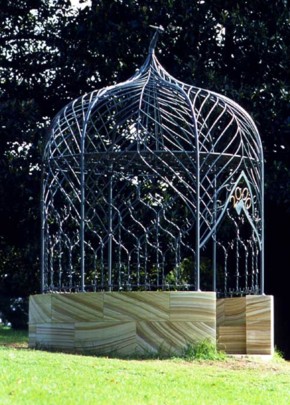The Law
History provided the basis for law making. Just as it is perfectly reasonable to establish laws and regulations to guard against bricks falling from high places into crowded streets or naked short-selling on the stock market, so all laws are cast in an historical context.
It is essential for the competence and proper functioning of society and of human relations in general, that laws and regulations are established. These are inevitably based on our perceptions of the past, 'History', and its relevance to a mutually desired future.
These laws need to provide that criminality or serious abuse against one's fellow citizens does not go unpunished; that people are free to seek their fortune within the law; and that people can attain high rank based on achievements and ability or popular acclaim. I believe that, in addition, everyone should have ready access to contemporary knowledge and ideas, limited only by their comprehension; and everyone should be able to live their lives, according to their own lights, with the maximum freedom, consistent with the freedom of others.

